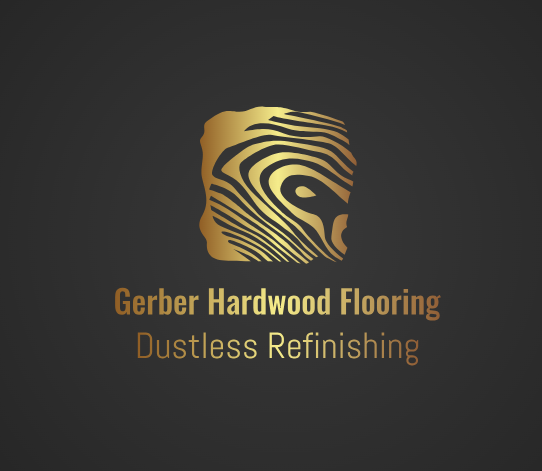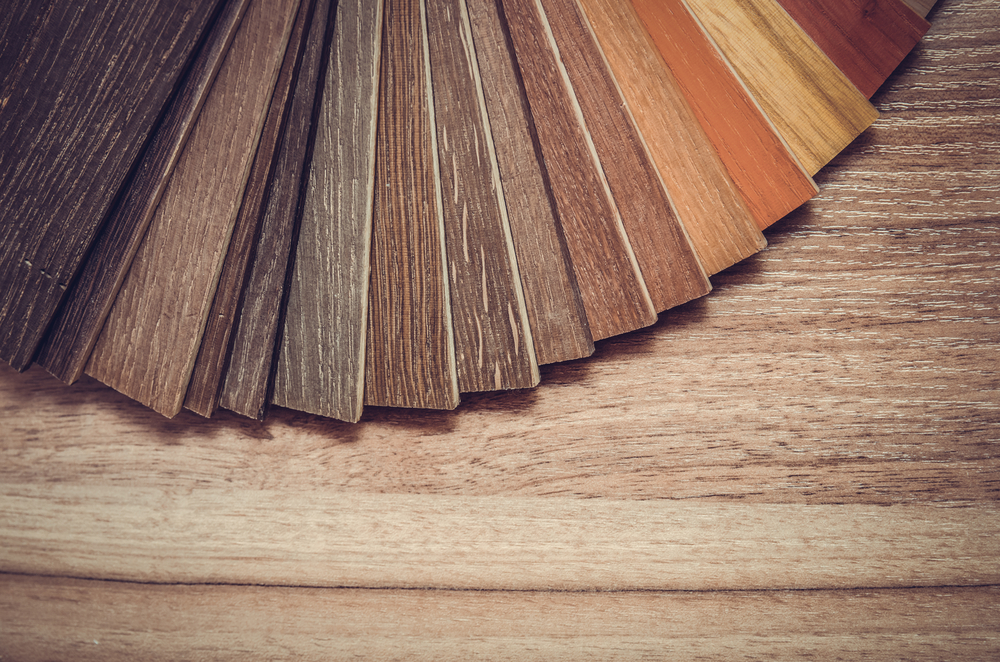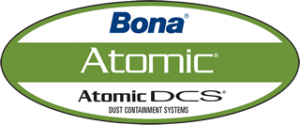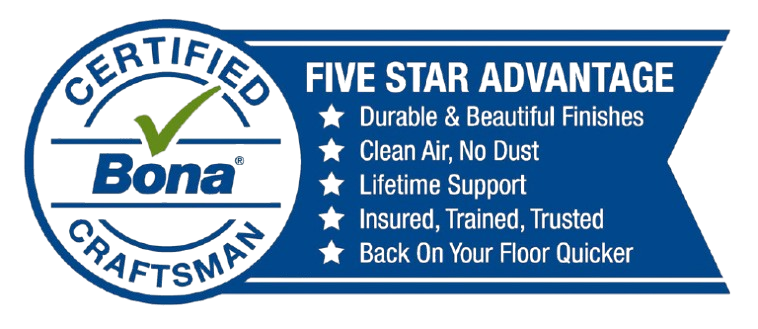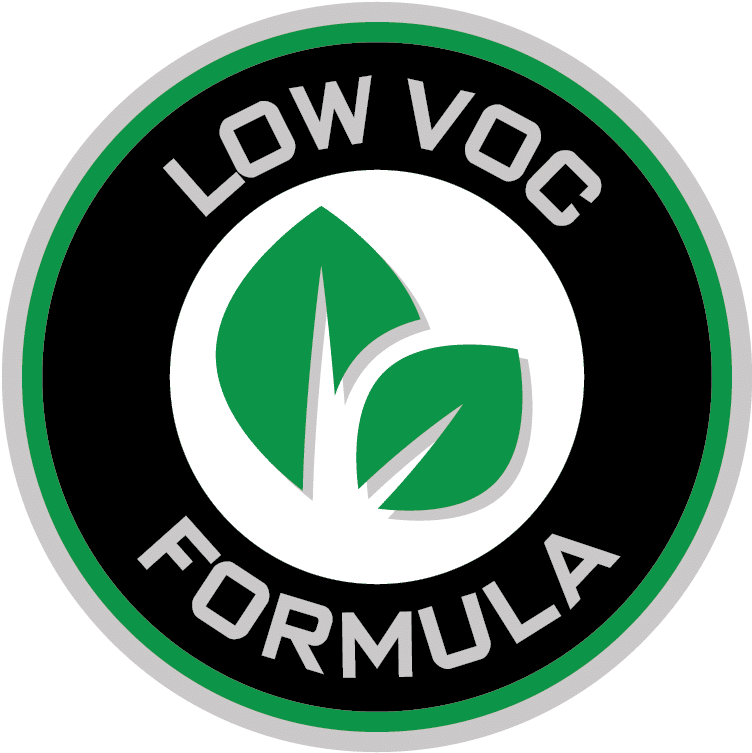Description of Hardwood Floor Finishes
Your hardwood floor finishes no longer looks great... you loved it when it was first installed and finished, but now the age is showing up in the finish and the the dents. It's time to refinish your floors.
Guide to Hardwood Floor Finishes
There are many options available today; you may feel a bit overwhelmed if you don't know which way to go. Let me guide you through the options to choose the one that is best for you. hardwood floor finishes
Water-Based Polyurethane
|
PROS Fast drying time (2 to 4 hours) Low VOC's, low smell Doesn't yellow like Oil Polyurethane Easy to apply; Good for DIY |
CONS More expensive than Oil Polyurethane Not as durable as Oil Polyurethane |
Everyone uses Polyurethane finishes today. It's a standard, you may say. We used to say that Water-based varnishes were Environmentally-friendly - they still are. But they were not as durable as Oil-based Polyurethanes. That has changed now, today’s water-based polyurethanes are almost as tough as the Oil-based variety.
Waterborne finishes are easier to use. At least 3 coats are recommended, 4 are better.
Are not as smelly as the Oil-based finishes, low VOC's.
Important: You can apply Water-based finish OVER the Oil-based Polyurethane as long as that has cured completely - About two months.
Water-based Polyurethanes will dry clear; oil-based finishes will have a slight yellow/orange tint.
Oil-Based Polyurethane
|
PROS Easy to apply Very durable Less expensive than Water-Based Polyurethane |
CONS Long drying time (8 to 10 hours) Strong smell during application High VOCs |
Oil-based Polyurethanes are widely used by flooring professionals. Those finishes are very durable and long-lasting with the right care. They also have a tendency to yellow over time. They will give off as strong smell once applied and over the curing time as they have higher levels of VOC's.
Oil Polyurethanes take 8 to 10 hours - people choose to move out of the house for the duration of refinishing and drying. Pets should not stay in the house either.
It is recommended that you leave this job to professionals, as Oil-based finishes are a lot more difficult to handle, you really need to know what you are doing if you want a great outcome.
Should not be applied over water-based finishes.
Acid-Cured Finish - Swedish Finish
|
PROS Extremely hard and durable Fast drying time (2 hours)* |
CONS Difficult to refinish (must use acid-cured finish if used previously) *up to 60 days to fully cure More expensive Volatile odors High VOC's Professional application only |
Can't touch this! I mean... you can't get your hands on this finish unless you are a flooring professional. And you probably are better off if you let someone refinish your hardwood for you if your heart is set on the Swedish Finish.
It is the most durable finish available on the market - they are also know as Conversion Varnish Sealers.
Acid-Cured finishes usually have a very high VOC's and give off strong odor during the application and during drying and curing. You will need to move out of your house for the duration of the refinishing project. It takes up to 60 days to cure, but you can walk on the floor after 3 days. Furniture can go back in after 2 weeks and any area rugs or heavier furniture pieces should not be placed on the floor before the 60 days curing time.
Recommended for homes with exotic species and intricate inlaid designs. Substantially more expensive than other finishes.
Moisture-Cured Urethane
|
PROS Extremely durable (one of the hardest) Fast drying time |
CONS Extremely high VOCs (fumes could last for weeks) Expensive Professional application only Low humidity extends drying time |
Have lots of kids and a dog too? This one is the best choice for you. More durable than
This is a durable finish that’s a step up in toughness and longevity from water- and oil-based polyurethane. It’s tricky to apply and isn’t recommended for DIY — it dries very fast, so speed and a deft touch are needed to avoid lap marks.
It has a high VOC content, making a respirator and good ventilation a must during application. Homeowners and pets should vacate the house during application and for up to two weeks afterward.
Especially good for: high-traffic areas and homes with multiple kids and dogs
Penetrating Oil Sealer
|
PROS Easy for DIY Natural, non-toxic ingredients Mild smell Low Sheen |
CONS Not as durable as some polyurethane finishes Needs to be re-applied every 2-3 years |
Tung oil finish is a great option to preserve your wood floors while revealing it's natural beauty. Oil sealers have been used for centuries to protect and moisture-proof wood. They’re easy to apply, and spot touch-ups are easy to do. It penetrates the wood, an oil sealer enhances grain patterns and deepens the color of the wood. The finish itself doesn't scratch, but re-coating usually is needed every two to three years as the finish wears down. hardwood floor finishes
The basic ingredient is Tung Oil, a naturally occurring, low-VOC oil that hardens as it dries. It takes a very long time to dry and usually you would need between 24 - 48 hours drying time between coats.
Aluminum Oxide
|
PROS Extremely hard and durable (25 years) |
CONS Not available for onsite finishing More difficult to refinish |
Shellac
|
PROS Fast drying time (2 to 4 hours) Will not yellow with time Easy to apply - recommended for DIY |
CONS More expensive than Oil Polyurethane Not as tough as Oil Polyurethane |
Have you heard about Shellac? No, not the nail polish. Your mother did, if your house was build before 1970, chances are that the wood floors there were finished with Shellac. Chances are that your floors were refinished already with one of the newer products like Polyurethane.
Shellac is a natural product that’s non-toxic and produces low VOCs. It’s not as durable as Polyurethanes, and is prone to stains from water.
Shellac pairs well with wax. Use shellac as a base coat, and finish with two or three coats of hand-rubbed wax.
Wax
|
PROS Easy to apply Penetrates well into wood Low sheen Mild smell |
CONS Not as durable as poly finishes Stains easily Needs regular upkeep (refinishing) Must be completely removed before applying a polyurethane finish |
Return to Home Page
Visit our Instagram


